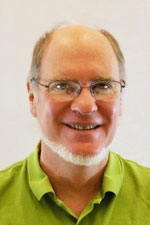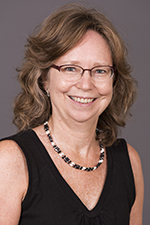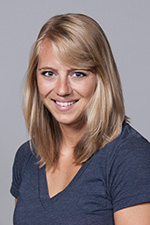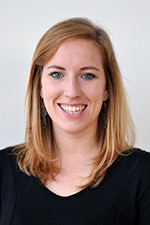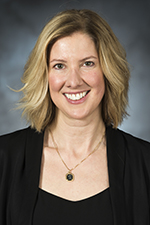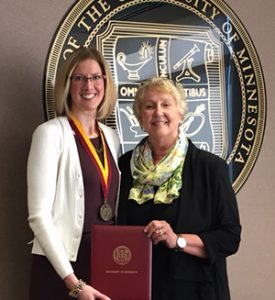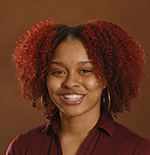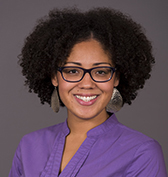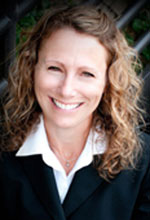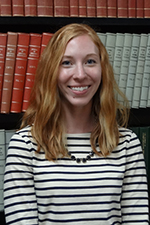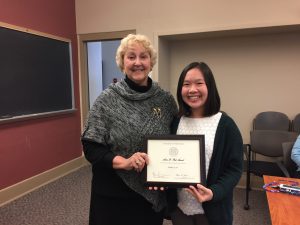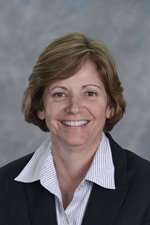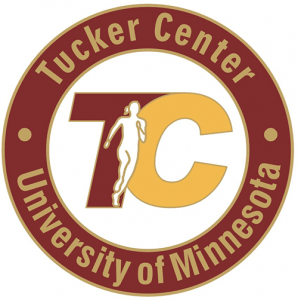Two undergraduate students conducting research with Department of Educational Psychology faculty members in the psychological foundations of education program have been invited to participate in an Undergraduate Student Education Research Training Workshop put on by the American Educational Research Association (AERA).
- Drake Bauer is an undergraduate student majoring in life sciences and psychology. Bauer works with two psychological foundations of education faculty members, Sashank Varma in the Cognitive Architecture Lab and Keisha Varma in the STEM Thinking, Reasoning, & Learning Lab.
- Nikita Salovich, an undergraduate majoring in psychology, works with Panayiota Kendeou—also a faculty member in psychological foundations of education—in the Reading & Language Lab.
Bauer and Salovich will attend the AERA workshop, April 27-29 in San Antonio, Texas. This workshop, led by early career and senior scholars, will give the students an overview of how education research is designed across disciplines, how quantitative and qualitative research methods are used in studies, and how research is applied to education policy and practice. Bauer and Salovich were selected for the workshop based on their strong academic performance, research skills and experience, and potential to contribute to the education research field.
The AERA Undergraduate Student Education Research Training Workshop is part of the 2017 AERA Annual Meeting. Leading researchers and scholars provide guidance to undergraduates as they learn about research. Attendees participate in focused lectures and discussions about education research and attend some general Annual Meeting activities.



